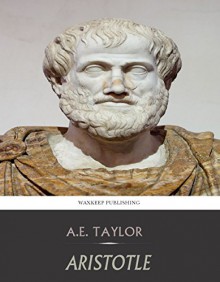Alongside Plato, Aristotle is, without question, one of the most influential ancient Greek philosophers and arguably the greatest icon of ancient thought. His life and work expanded rapidly and extensively across the ancient world, helped in part by the fact he tutored Alexander the Great, he was...
show more
Alongside Plato, Aristotle is, without question, one of the most influential ancient Greek philosophers and arguably the greatest icon of ancient thought. His life and work expanded rapidly and extensively across the ancient world, helped in part by the fact he tutored Alexander the Great, he was a recognized and celebrated intellectual force during all of antiquity and the Middle Ages. Furthermore, after Aristotle, Greek thought and political influence began a rapid decline, and the cultivation of knowledge, so important during the classic period, slowly but surely began to fade, making Aristotle the last of ancient Greece’s great philosophers. Aristotle’s influence on Western philosophical thought is marked by an extensive list of crucial issues that both signaled the way forward but at the same time boggled philosophers’ minds throughout the centuries. Aristotle’s reflections on Being, as well as his rigorous Logic, were his most important philosophical legacy, but he was also an intellectual in the broadest sense of the word. His interests went beyond metaphysical questions and into practical life and practical knowledge, from ethics to politics, rhetoric and the sciences, all of which left a profound impact on Western political thought and ethics. Naturally, this has also made him one of the foundations of knowledge and philosophical thought that subsequent philosophers relied on when forming and refining their own philosophies.
show less

